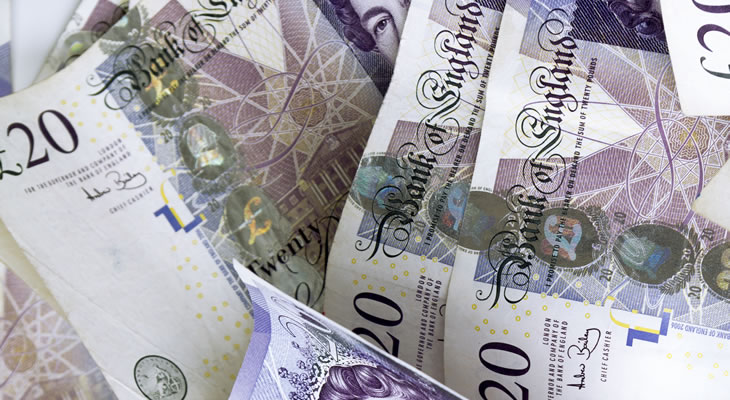Demand for the Pound surged in response to unexpectedly bullish April retail sales figures, helping to reverse some of the recent trend of discouraging UK data.
While markets had anticipated a rebound after March’s weaker consumer spending the 4.5% uptick in sales on the year substantially bettered forecasts.
This encouraged the Pound Euro exchange rate to trend sharply higher, reversing many of the losses seen in the wake of Tuesday’s inflation data.
However, as James Smith, economist at ING Bank, noted:
‘To us, today’s data doesn’t change the underlying story, where the squeeze in household incomes is starting to weigh on consumer activity. This week’s surge in inflation (2.7%) and subdued wage growth (2.1%) means real incomes are now falling. It’s also worth noting that much of the strength in consumption over the past few months has been driven in no-small-part by higher borrowing and lower savings, which is unlikely to prove sustainable.’
With the Bank of England (BoE) still likely to maintain its neutral policy bias for the foreseeable future the upside potential of Sterling remains somewhat limited.
Worries over the health of the UK economy could mount once again if April’s public sector net borrowing figure shows a stronger uptick in government debt.
On the other hand, if signs point towards a narrowing of the UK deficit then the GBP EUR exchange rate could hold onto some of its recent bullishness.
Confidence in the Euro, meanwhile, weakened in anticipation of the latest commentary from European Central Bank (ECB) President Mario Draghi.
Investors expect Draghi to reiterate the more dovish outlook of the ECB, further diminishing the prospect of any imminent tapering of the quantitative easing program.
However, if the policymaker adopts a more upbeat tone on the Eurozone economy this could encourage investors to buy back into the softened single currency ahead of the weekend.
Developments in Greece may provoke some volatility for the Euro, even though the government is expected to vote through the latest raft of creditor-mandated tax reforms and pension cuts on Thursday evening.
Even so, if dissent amongst MPs continues to grow the mood towards EUR exchange rates is unlikely to pick up, with the shadow of the Eurozone crisis continuing to hang over the Hellenic republic.
Any further deterioration in the US political situation could boost the appeal of the Euro, though, as the odds of a June interest rate hike from the Federal Reserve diminish.
An upward revision to the finalised Eurozone consumer confidence index for May could also put pressure on the GBP EUR exchange rate, with optimism across much of the currency union having picked up recently.


Comments are closed.